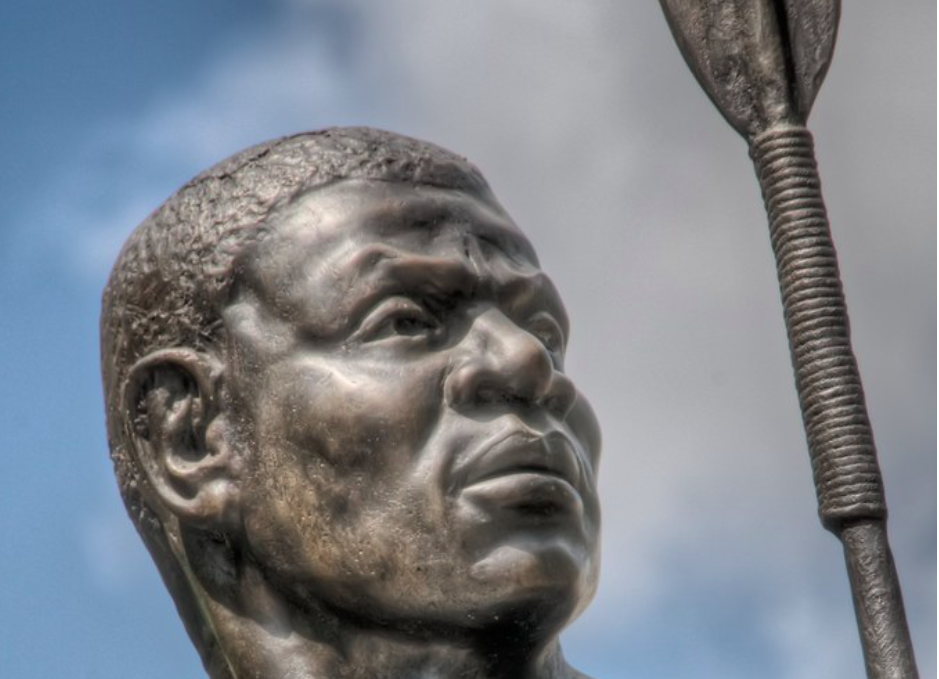November is the Month of Black Awareness in Brazil.
The recognition of this month for Black Brazilians was a long-fought struggle which began with the proposal of Nov. 20th as National Black Consciousness Day.
National Day of Black Consciousness was originally proposed by the poet Oliveira Silveira.
In 1971, he recommended the creation of the Black Consciousness Day, strategically positioning the day of the assassination of Black leader, Zumbi dos Palmares (Nov. 20) to oppose the Day for the Abolition of Slavery, on May 13, which was created by whites as a hollow benevolent gesture.
Similar to the development of Black History Month in the United States, as Afro Brazilian activists increased pressure for recognition of the date, it went beyond the one-day proposal and became known as Black Consciousness Week.
Although the month is not federally observed, the Black community undoubtedly commemorates the struggle and success of African descendants in Brazil and worldwide by recognizing the month of November as the Month of Black Consciousness.
For decades, November has become a reference for activities that inspire struggle, resistance and principally, the rebelliousness of the Black people, who historically have been the subjects of confronting the racism articulated in the different spheres of society.
Throughout the month, there are daily commemorations for the historic struggle against the myth of racial democracy and “poder negro” (black power), the pride of Black identity, which Brazilians believe is critical for the development of Black consciousness. These activities recognize the legacy of Zumbi, Dandara, Maria Quitéria, Carlos Marighella, Luiz Gama and among other freedom fighters who sacrificed their lives for the people.
Most scholars agree that the critical moment for this fight for freedom begins with Palmares Quilombo. Quilombos were maroon communities developed by Africans who escaped from slave plantations. The struggle for land rights, worker’s rights and gender rights, etc – begins with Palmares, who is symbolized by its fallen leader Zumbi.
According to Regina Lúcia, an official from the Unified Black Movement (MNU), the activities carried out this month are linked to representation and the political need for the history of Brazil to be respected by the entire Brazilian population.
“…It is necessary for the Brazilian population to get hold of their Blackness […]. We need to put history in its proper place. Black conscience is an important conscience for all the oppressed, for all Brazilians. As they try to mask and make invisible the ways Black people have built this country, we say that it is necessary to resist by advanceing and affirming what it means to be a citizen.”








